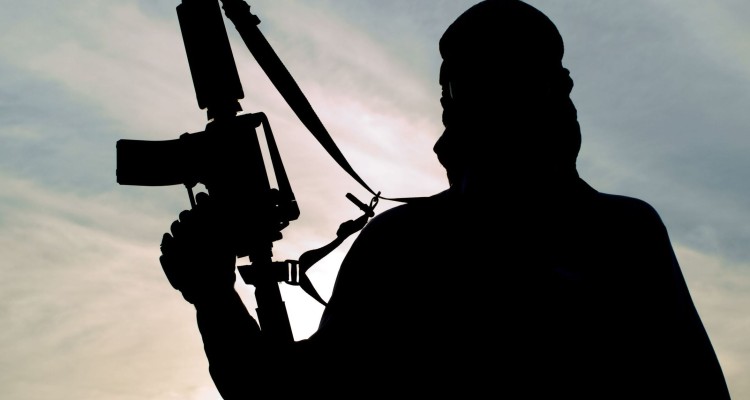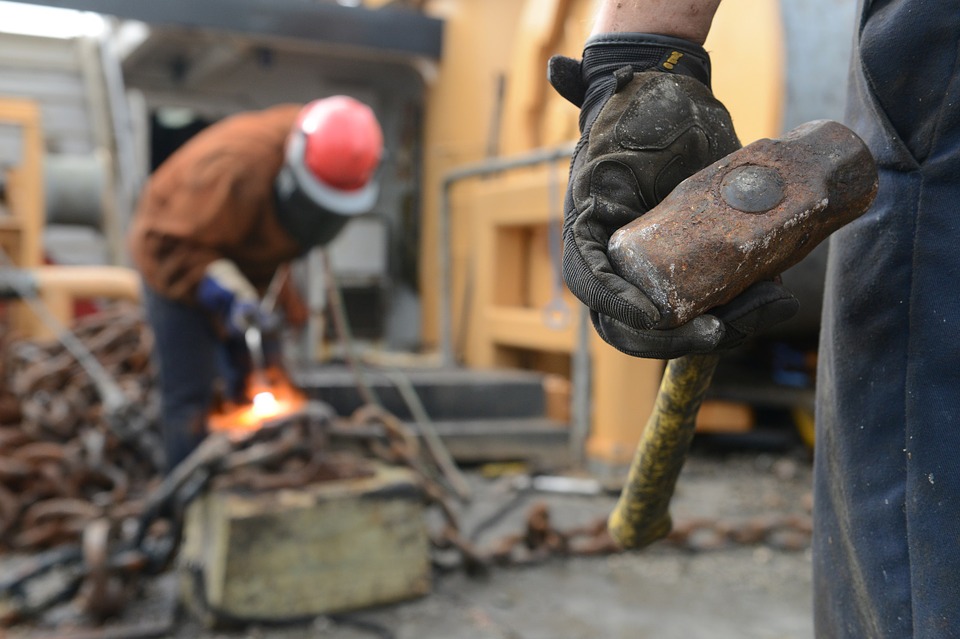The Czech and Slovak governments met for a joint working session in Bratislava on Monday to discuss the state of bilateral ties, cooperation in security and defense and their position on key European issues. Twenty-three years after the Velvet Divorce, the two neighbors say their relationship is better than ever.
Twenty-three years ago they had “insurmountable differences” on who should be in government and where they were headed, but today Czechs and Slovaks say they have no closer ally on the international scene. Slovak Prime Minister Robert Fico: “It is very pleasing that, according to repeated surveys, the Czechs feel that Slovaks are the nation closest to their hearts and vice versa. That is a great asset in today’s uneasy and turbulent world, and in the presently unstable and uncertain European Union.”
While in 1993 Czechs and Slovaks wanted to pursue separate foreign policies, today they frequently meet to consult their positions on key European and global issues in view of increasing their clout in the European Union. Czech Prime Minister Bohuslav Sobotka said they were fighting side-by-side to defend their priorities.
“We have the same priorities in seeking a solution to the migration crisis i.e. increasing security on Schengen’s outer border and a repatriation policy that will enable the EU to stop illegal migration on its border. We are engaged in intensive cooperation to that effect and will continue to work together in the future.”
Prague and Bratislava are also speaking in once voice as regards the question of mandatory migrant quotas proposed by the European Commission, which both have strongly rejected and both have stressed the need for EU unity in the Brexit talks, fearing a deal that might leave their countries’ nationals in a worse position on the British labor market.
Speaking in Bratislava Prime Minister Sobotka stressed the importance of regional cooperation and consensus in the present-day European Union.
“I think that the Visegrád Group alliance is an important instrument that allows us to influence decision-making in the European Union. Speaking with one voice we have more clout in the European Council than if we acted alone and I am very glad that the close relations between Prague and Bratislava strengthen Visegrád unity and allow us to use that unity in communicating our national interests in the EU.”
In the area of bilateral ties, the two countries are working to improve rail and road connections, planning to jointly defend their airspace and cooperate in seeking new markets. Last, but not least, they are making plans for joint celebrations of the 100th anniversary of the founding of Czechoslovakia in 1918, the Soviet-led invasion of Czechoslovakia in 1968 and their amicable Velvet Divorce in 1993.
Article originally published on Radio Prague.




